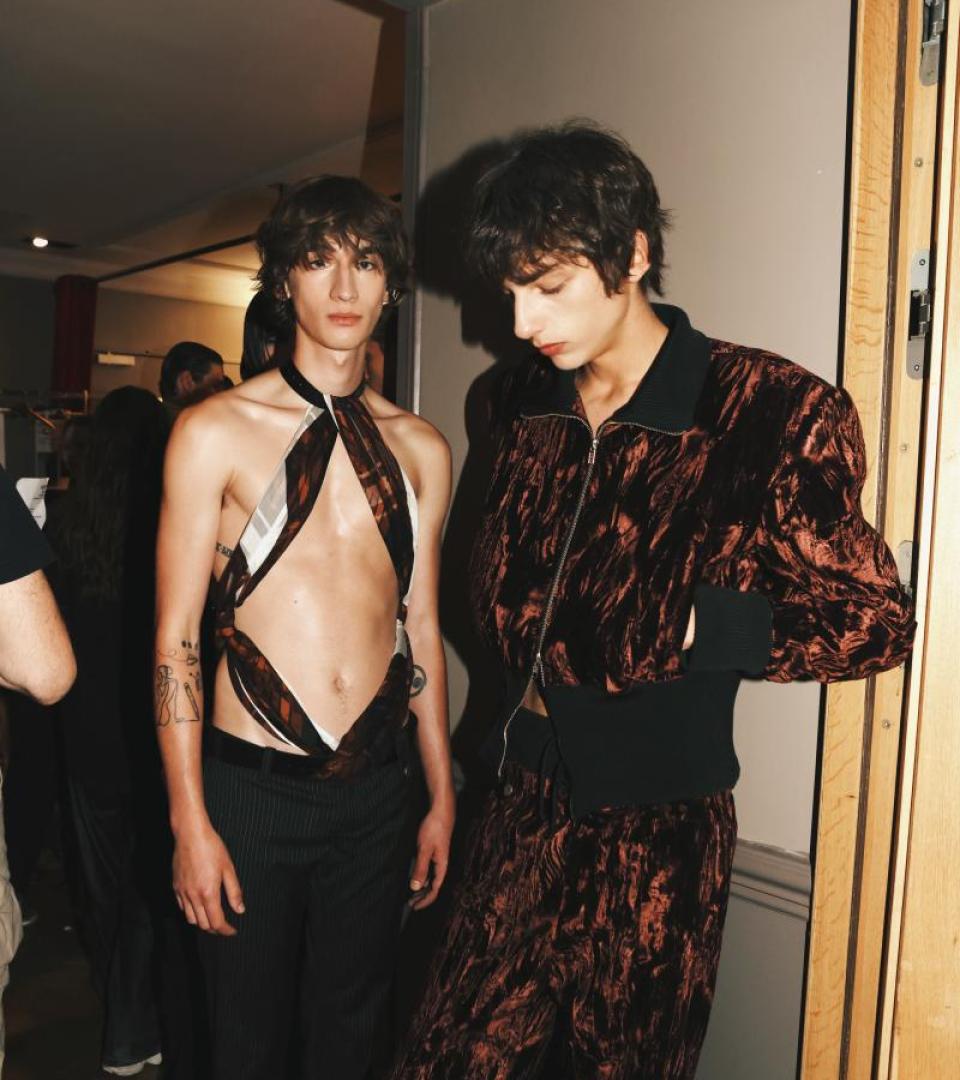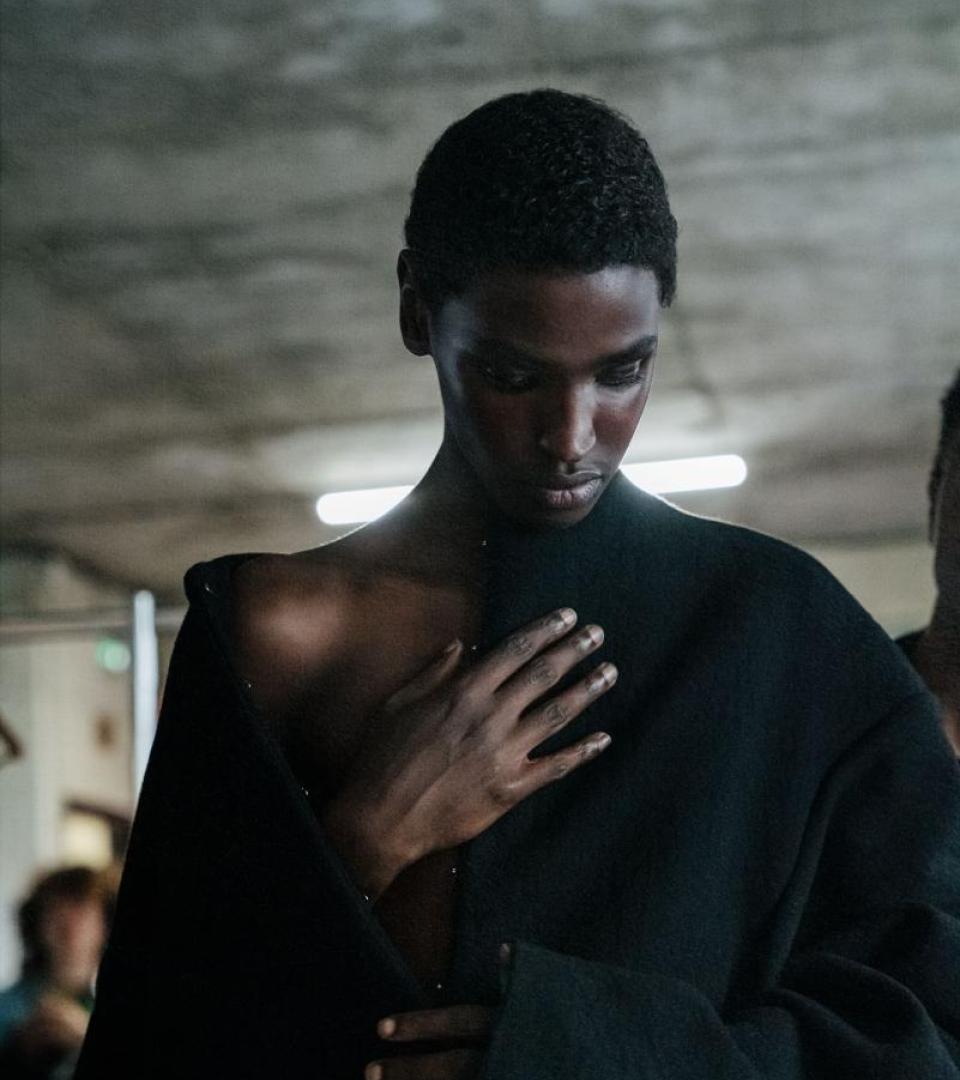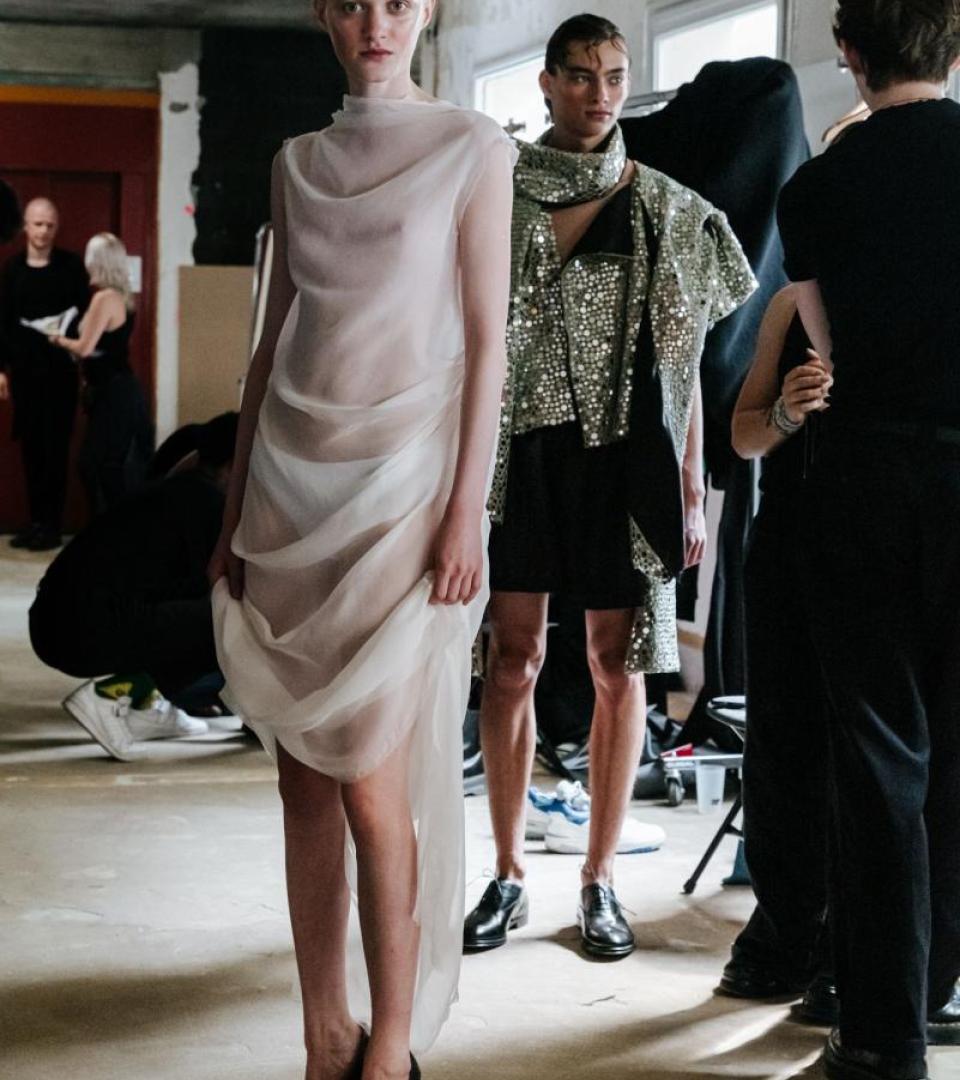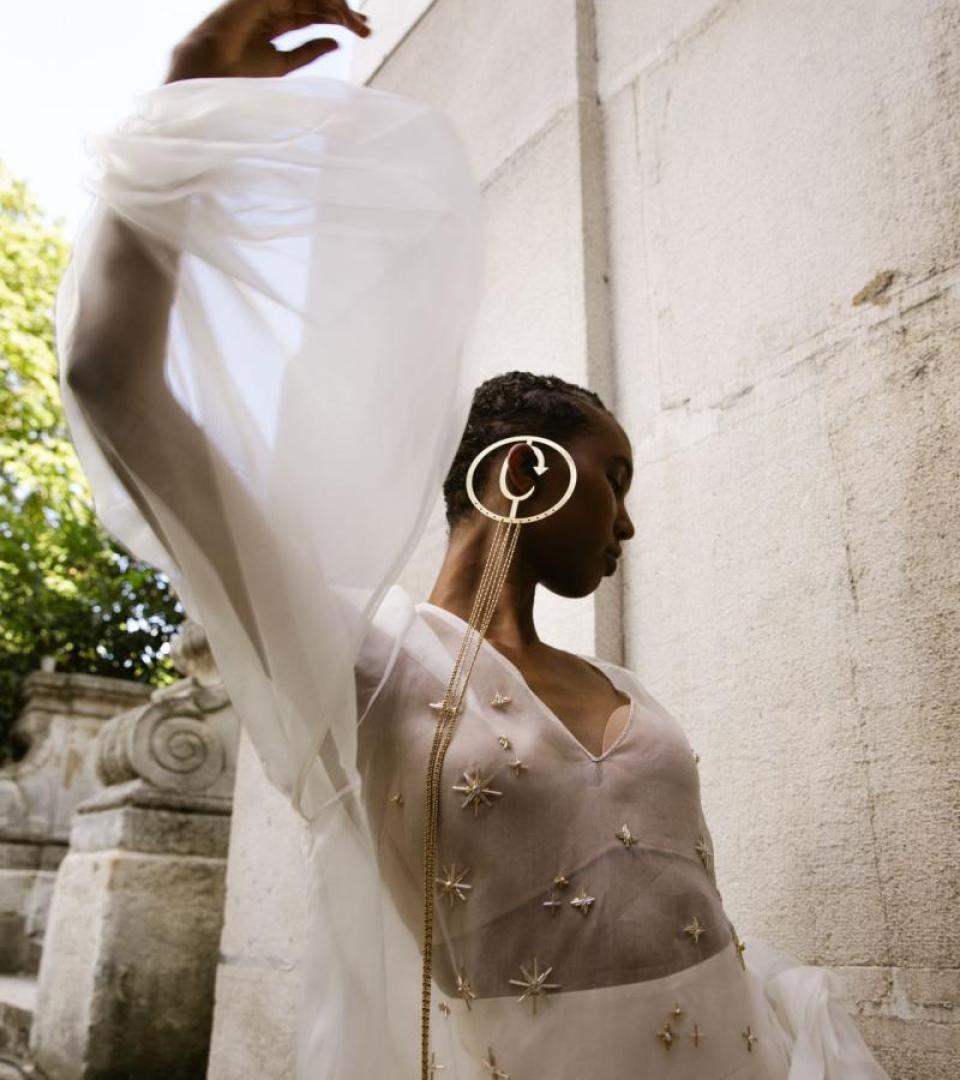A Take on Fashion: Stefano Tonchi
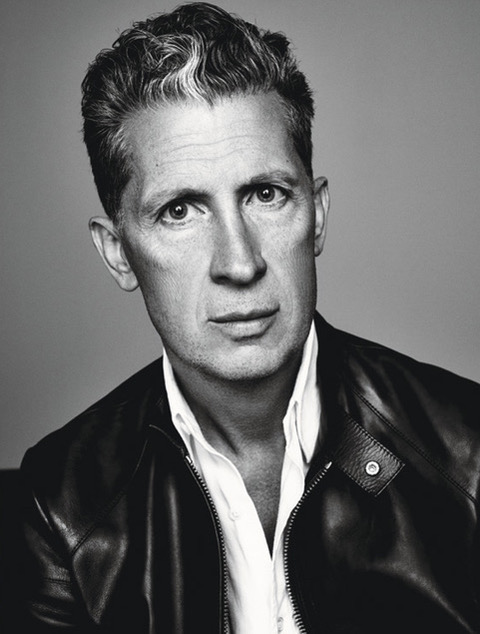
Stefano Tonchi is a fashion journalist, author, and curator. Over the course of his award-winning career in the magazine industry, he has held the role of editor-in-chief of W, creator and editor-in-chief of T: The New York Times Style Magazine, and fashion creative director for Esquire. He is currently the global chief creative officer for the L’Officiel group, overseeing their editorial activity in print and digital in more than 30 countries. Tonchi has edited and co-curated and co-authored several exhibitions and books including Italiana: Italy Through the Lens of Fashion, 1971-2001 at Milan’s Palazzo Reale, and Bellissima: Italy and High Fashion 1945-1968, a traveling exhibition shown at the MAXXI Museum in Rome and NSU Art Museum Fort Lauderdale. Most recently, he was the visual editor for the exhibition and the book, Memos on Fashion in this Millennium at Museo Poldi Pezzoli in Milan. Based in New York, Tonchi has served as a guest lecturer at the Fashion Institute of Technology, Parsons, and Columbia University. As a public speaker and media commentator, he covers contemporary culture, society, and the future of fashion.
In what ways can we look to men’s fashion as a reflection of the times?
Fashion has always reflected changes in society. In particular, men’s fashion has played an important role defining identity and gender. Today’s men’s fashion, more than ever before, is a mirror of the always-evolving multiple definitions of masculinity. Men’s identity and the meaning of masculinity are at the center of the cultural conversations, and what we are seeing in men’s clothes express these many different points of view.
How can fashion as a form of individual and free expression play a role in our changing societies?
Until today, fashion has reflected changes, but today it has become an agent of that change. Designers are no longer just passive observers and interpreters of change; now they are agents of change – fighting new battles to influence not only the way we dress, but also the way we think. With the advent of social media and the democratic access to fashion that the digital revolution has prompted, designers and fashion have great power and also great responsibilities.
How does the current crisis impact people’s relationship with clothing and fashion?
Social media, digital communication, globalization and in the recent months, the pandemic related to Covid-19, have changed our relationship with each other and consequently, our relationship with clothes. Clothes have become less about their physical appearance, the design and the fabric, and more about the values they express and represent. Today, consumers want from fashion more than just clothes: they want a message, a statement about gender equality, about sustainability, about social justice. Simply said, clothes are, more than ever before, a carrier of messages and ideas beyond their fashion.
